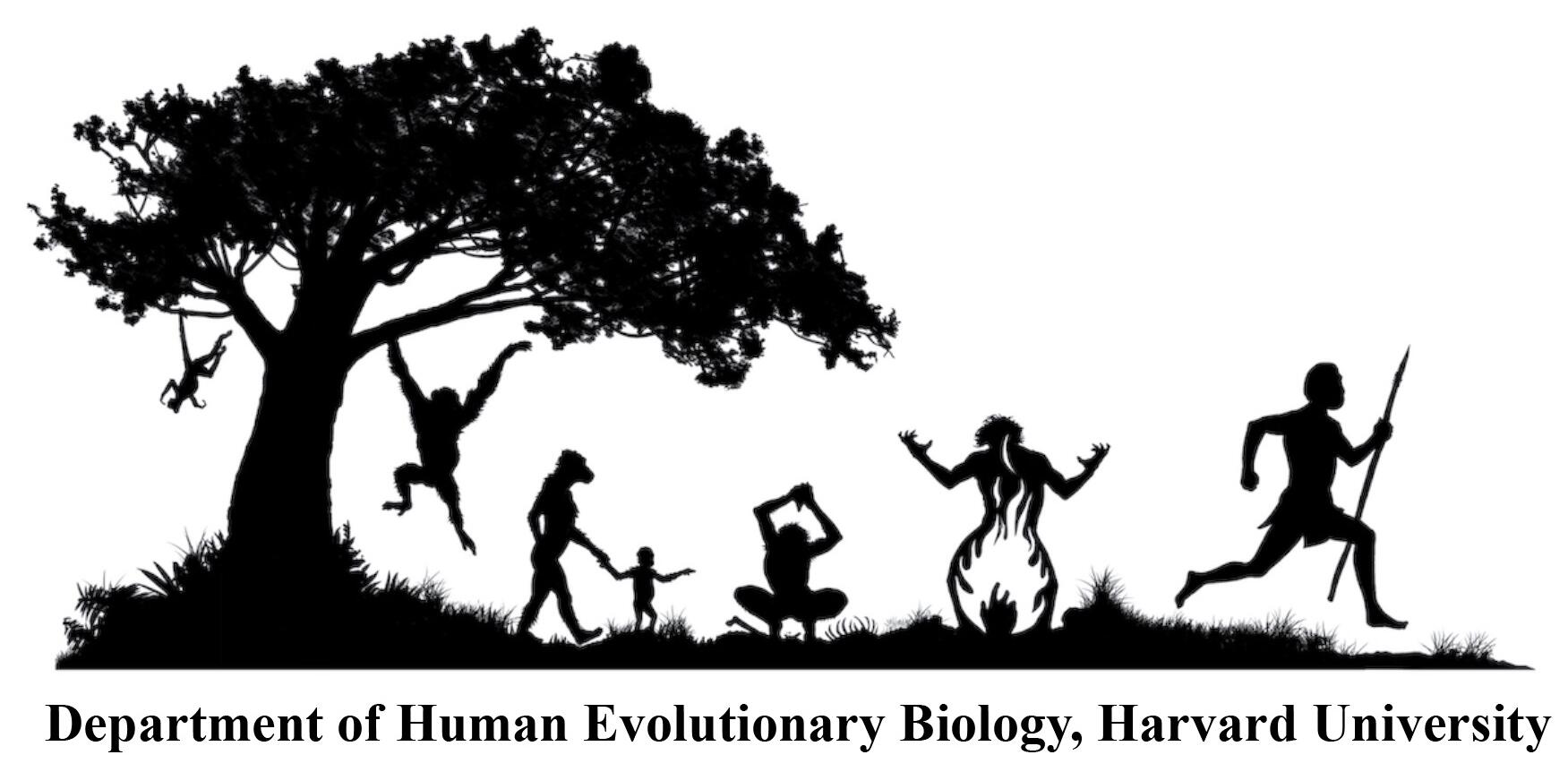Date:
Location:
"Diet, culture, and technology in the evolution of the hominin lineage"
with Dr. Jacob Harris, NSF Postdoctoral Fellow in Evolutionary Anthropology, Dept of Anthropology, UCLA
Monday, 2/14/22, at 2:00 pm EST
Virtual - RSVP to mmccoy@fas.harvard.edu for the zoom link.
Abstract:
In a few short millennia, Homo sapiens has emerged as the most successful species on the planet, expanding across the globe to occupy almost every terrestrial habitat. This incredible success may be attributed largely to a feedback loop between technology, diet, and culture, and its downstream effects on biology. To better understand these complex relationships and their implications for the future of Homo, my research addresses each aspect of this loop. In this talk, I begin at the origin point of stone tool use, 3.4 million-years-ago, in Ethiopia. Employing Bayesian probability models, I will demonstrate that certain scratches left on the surface of ancient bone, indicate that our ancestors likely used naturally broken, unmodified stone to butcher animal carcasses at least 800,000 years before the systematic production of sharp-edged tools. I will then incorporate data gleaned from modern ethnography among Hadza hunter-gatherers to discuss the intersection between meat-eating, technological evolution, and a reliance on social learning. I will demonstrate that Hadza hunters rely heavily upon cultural knowledge to facilitate the manufacture of their projectile technology, and ultimately the acquisition of meat. These significant findings demand further study, and I will conclude with a discussion of my vision for the expansion of a large-scale longitudinal ethnoarchaeological project that will provide a much-needed interface between theory and the archaeological record. Grounded in empirical data collected from contemporary huntergatherers, this highly collaborative interdisciplinary project will address how culture, ecology, and advanced human cognition coevolved – and continue to do so – resulting in a suite of uniquely human, still-evolving, biocultural adaptations.
